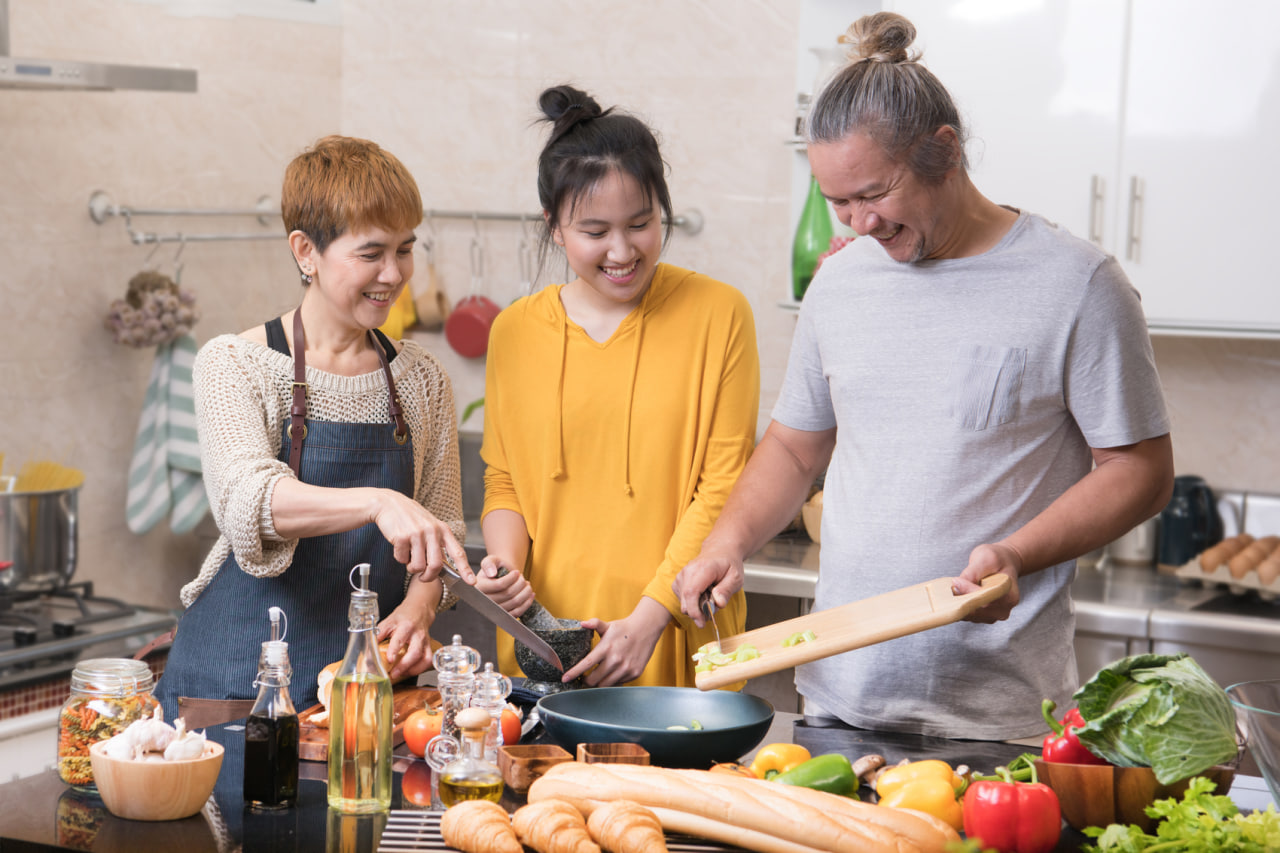Cooking is a skill that improves with practice, patience, and persistence. For beginners, the kitchen can feel intimidating, and mistakes often lead to frustration. However, each mistake is an opportunity to learn, refine techniques, and grow as a home cook. Building confidence in the kitchen is not about perfection—it is about developing knowledge, skills, and a mindset that embraces experimentation and growth.
Embracing Mistakes as Learning Opportunities
Mistakes are a natural part of the learning process. Overcooked vegetables, underseasoned dishes, or failed recipes are not failures—they are lessons. Analyzing what went wrong, identifying solutions, and trying again helps beginners gain practical experience. By reframing mistakes as learning opportunities, cooking becomes a journey of continuous improvement rather than a source of anxiety.
Starting Simple
Confidence grows when beginners start with simple recipes and foundational techniques. Focus on mastering basics such as chopping, sautéing, boiling, and seasoning. Completing a simple meal successfully builds competence and encourages further experimentation. Gradually increasing the complexity of dishes allows for steady growth without overwhelming the learner.
Developing a Structured Approach
A structured approach to cooking fosters confidence. Planning meals, prepping ingredients, and organizing the kitchen before starting helps beginners work efficiently and reduce stress. Following recipes carefully at first, then adapting them as skills improve, builds both competence and creativity. Structured practice ensures that each cooking session reinforces skills and knowledge.
Learning Through Repetition
Repetition is key to mastery. Repeatedly practicing core techniques solidifies muscle memory, making actions instinctive and precise. Preparing the same dish multiple times allows beginners to experiment with seasoning, timing, and presentation while reinforcing confidence. Over time, repeated practice turns once-challenging skills into second nature.
Seeking Guidance and Feedback
Learning from others accelerates growth. Cooking classes, tutorials, and mentorship provide valuable feedback and tips for improvement. Sharing dishes with friends or family and asking for constructive input helps beginners refine techniques and taste. Feedback fosters growth, builds confidence, and demonstrates that learning is a collaborative and rewarding process.
Experimentation and Creativity
As confidence grows, beginners can experiment with flavors, ingredients, and techniques. Creative exploration allows cooks to develop a personal style and discover new favorites. Confidence enables risk-taking without fear of failure, turning the kitchen into a space of learning, enjoyment, and innovation.
Celebrating Progress
Acknowledging small victories is important for motivation. Successfully preparing a meal, mastering a technique, or improving timing should be celebrated. Recognizing progress reinforces confidence and encourages continued practice. Each achievement, no matter how small, builds momentum toward culinary mastery.

